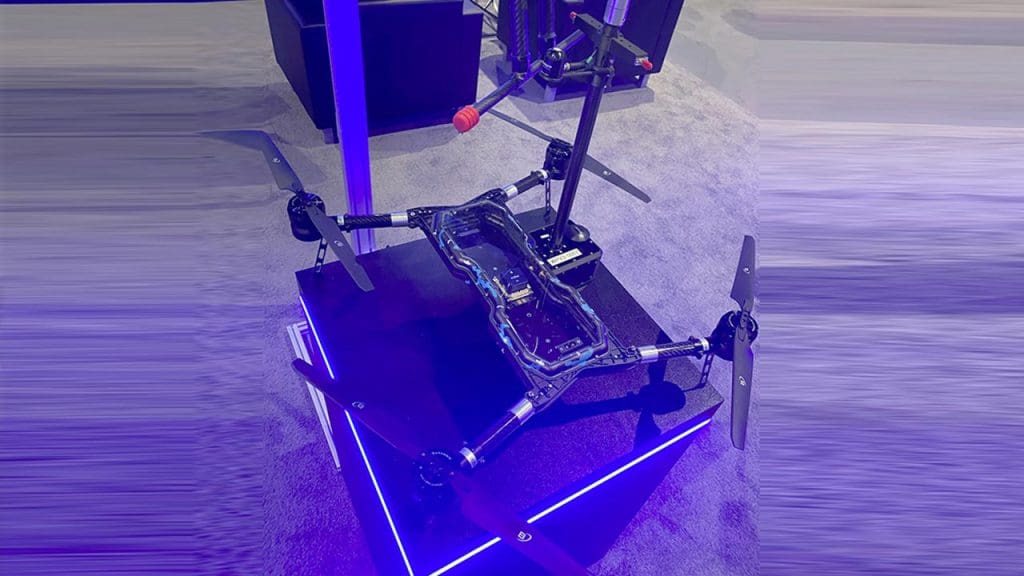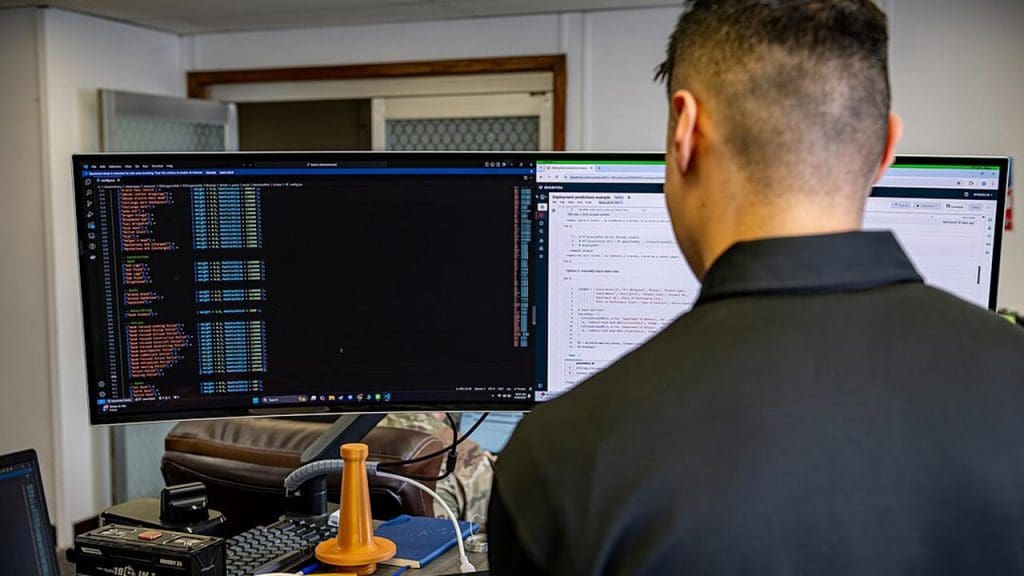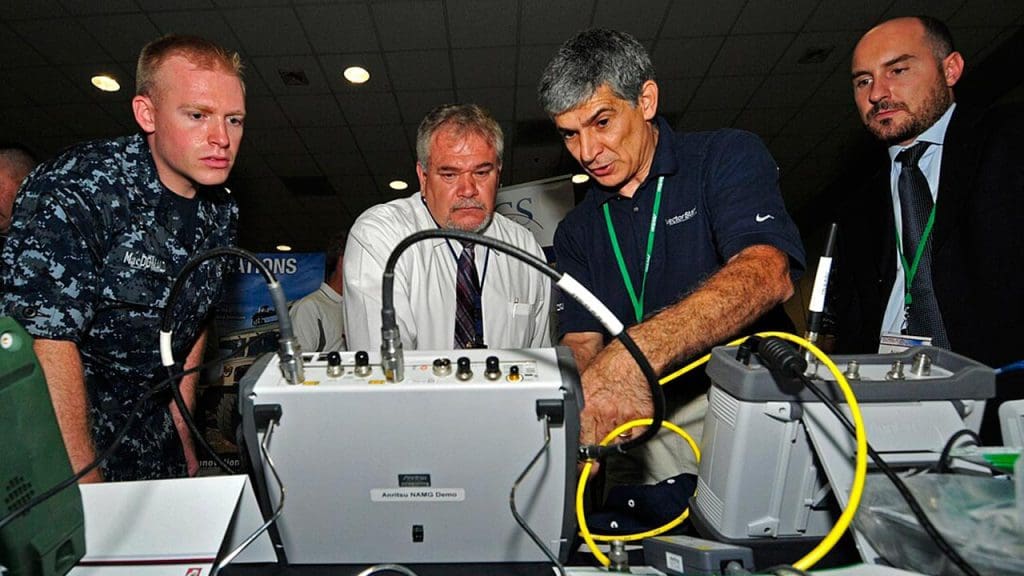With the advent of advanced artificial intelligence (AI) technologies, military operations have seen a significant transformation. The integration of AI in combat scenarios, particularly in U.S. airstrikes, raises questions about the decision-making processes and ethical considerations involved. This exploration delves into the use of military-grade AI in combat, examining its implications and potential future developments.
AI in Modern Warfare

The evolution of AI technologies and their applications within military operations have marked a new era in warfare. AI systems are now pivotal in enhancing precision and efficiency, particularly in the context of U.S. airstrikes. These technologies enable the military to execute operations with unprecedented accuracy, reducing the margin for error and enhancing mission success rates. By leveraging machine learning algorithms, AI can process vast amounts of data rapidly, providing critical insights that inform strategic decisions.
AI also plays a crucial role in intelligence gathering and target identification. Advanced algorithms analyze surveillance data, identifying patterns and potential threats more adeptly than traditional methods. This capability not only improves the effectiveness of airstrikes but also minimizes the risk of collateral damage by ensuring that targets are accurately identified and engaged.
Decision-Making Software in Airstrikes

AI algorithms are increasingly being used to assist in strategic decision-making during airstrikes. These systems are designed to evaluate multiple factors such as weather conditions, enemy movements, and potential risks to optimize the timing and execution of strikes. The integration of AI allows for real-time adjustments based on evolving battlefield dynamics, thereby enhancing operational flexibility.
Balancing human oversight with autonomous decision-making remains a critical challenge in AI-driven combat scenarios. While AI provides valuable recommendations, human operators are responsible for making the final call, ensuring that ethical and strategic considerations are accounted for. Case studies have shown both successes and challenges in AI-assisted airstrikes, highlighting the need for a synergistic relationship between human intelligence and machine capabilities.
Ethical and Legal Considerations

The use of AI in combat raises several ethical dilemmas, particularly concerning the potential for collateral damage. The deployment of autonomous systems in military operations prompts questions about accountability and the moral implications of machine-led decision-making. Ensuring that AI systems adhere to international laws of armed conflict is paramount to maintain ethical standards in warfare.
International law perspectives on AI deployment in military operations emphasize the importance of accountability and transparency. As these technologies become more integrated into combat scenarios, there is a pressing need to establish clear guidelines and legal frameworks to govern their use. This includes ensuring that AI systems are designed and operated in a manner that upholds human rights and minimizes unintended harm.
Technological Challenges and Limitations

Despite the advantages offered by AI, there are significant technical limitations and vulnerabilities that must be addressed. AI systems are susceptible to errors, and their performance can be affected by various factors such as data quality and algorithmic biases. Such errors can have profound implications on operational outcomes, potentially leading to unintended consequences.
Ongoing research and development efforts are focused on enhancing the reliability and performance of AI systems in combat scenarios. By addressing these technological challenges, the military aims to build AI systems that are robust, adaptive, and capable of operating effectively in complex and dynamic environments.
Future Directions and Implications

The potential future role of AI in shaping military strategies and tactics is immense. As AI technologies continue to evolve, they are likely to play an increasingly central role in military operations, influencing decision-making processes and strategic planning. The advancement of AI has the potential to alter the global military balance, impacting geopolitical dynamics and the nature of warfare.
Preparing military personnel for collaboration with AI technologies on the battlefield is essential. Training programs must be developed to ensure that military operators understand the capabilities and limitations of AI systems, enabling them to work effectively alongside these technologies. As AI becomes more integrated into military operations, fostering a culture of adaptability and continuous learning will be crucial to leveraging the full potential of these advancements.